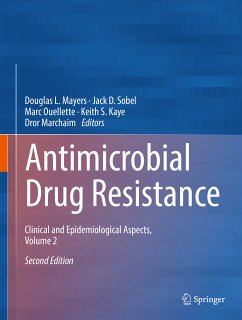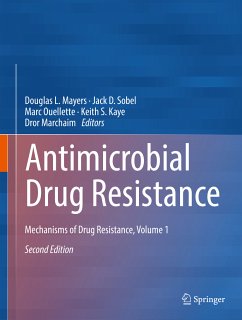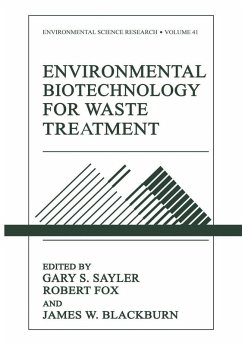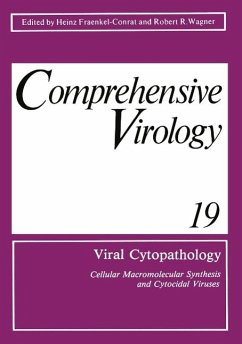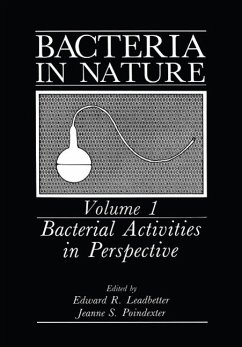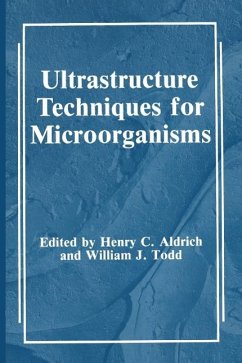
Molecular and Cellular Biology of Multidrug Resistance in Tumor Cells (eBook, PDF)
Versandkostenfrei!
Sofort per Download lieferbar
40,95 €
inkl. MwSt.
Weitere Ausgaben:

PAYBACK Punkte
20 °P sammeln!
The ability of neoplastic cells to survive exposure to various chemotherapeutic drugs represents the main obstacle to successful cancer chemotherapy. This book deals with a particular type of resistance in tumor cells that represents a single but especially important aspect of the multifaceted problem of cancer drug resistance. This type of resistance, known as multidrug or pleiotropic drug resistance, is characterized by cross-resistance of cells to several different classes of cytotoxic drugs, including some of the most commonly used anticancer agents. Over the last several years, there has ...
The ability of neoplastic cells to survive exposure to various chemotherapeutic drugs represents the main obstacle to successful cancer chemotherapy. This book deals with a particular type of resistance in tumor cells that represents a single but especially important aspect of the multifaceted problem of cancer drug resistance. This type of resistance, known as multidrug or pleiotropic drug resistance, is characterized by cross-resistance of cells to several different classes of cytotoxic drugs, including some of the most commonly used anticancer agents. Over the last several years, there has been a veritable explosion of genetic, biochemical, and clinical information on multidrug resistance, which followed the identification and cloning of the genes responsible for this phenotype and the isolation of monoclonal antibodies against P-glycoproteins, the products of these genes. Elucida tion of the molecular mechanism of multidrug resistance has led to the formulation of novel approaches to the prediction of tumor response to chemotherapeutic drugs and increasing the efficacy of cancer therapy. Analysis of the structure and function of P glycoproteins from multidrug-resistant mammalian cells has also established a prototype for a novel class of eukaryotic membrane proteins, which have now been associated with a variety of transport processes in different organisms. This book summarizes the results of molecular biological, pharmacological, bio chemical, cytogenetic, immunological, and pathological studies on multidrug resistance in mammalian cells. Most of the chapters deal at least to some extent with the structure and expression of P-glycoprotein and its role in multidrug resistance.
Dieser Download kann aus rechtlichen Gründen nur mit Rechnungsadresse in A, B, BG, CY, CZ, D, DK, EW, E, FIN, F, GR, HR, H, IRL, I, LT, L, LR, M, NL, PL, P, R, S, SLO, SK ausgeliefert werden.




